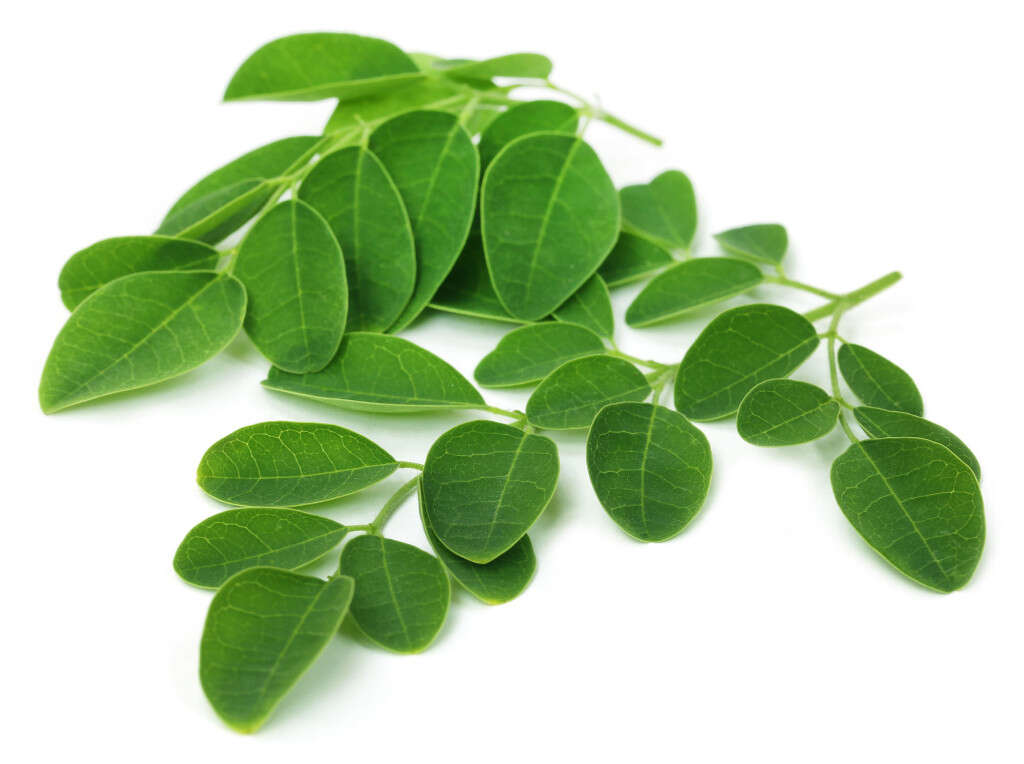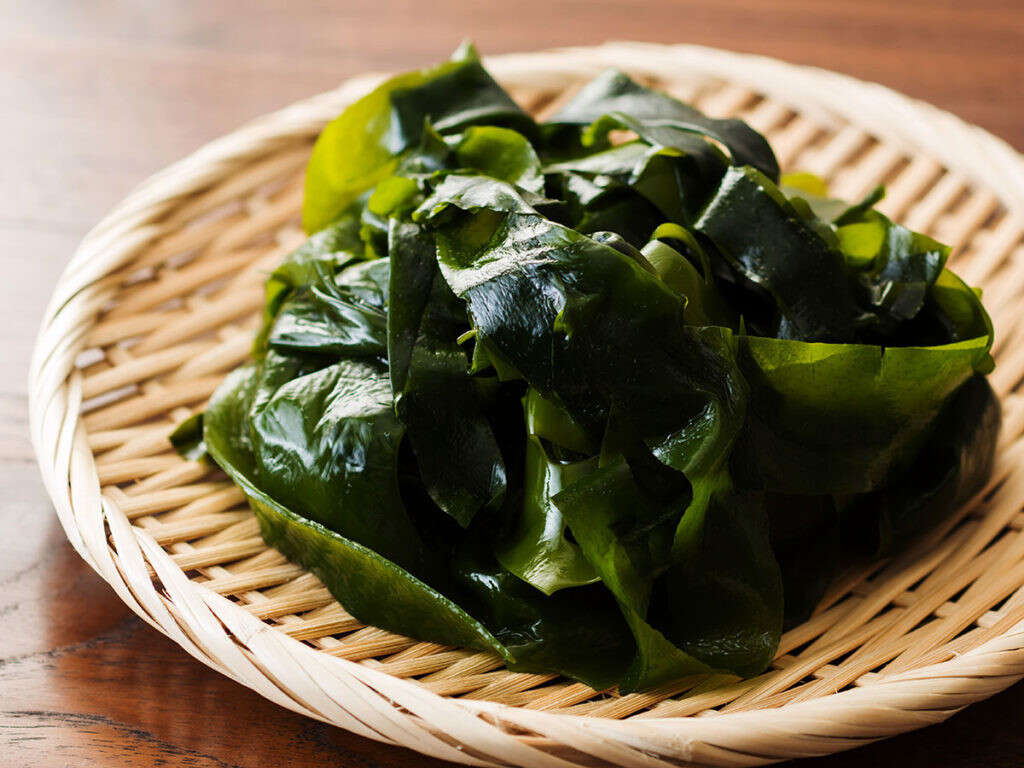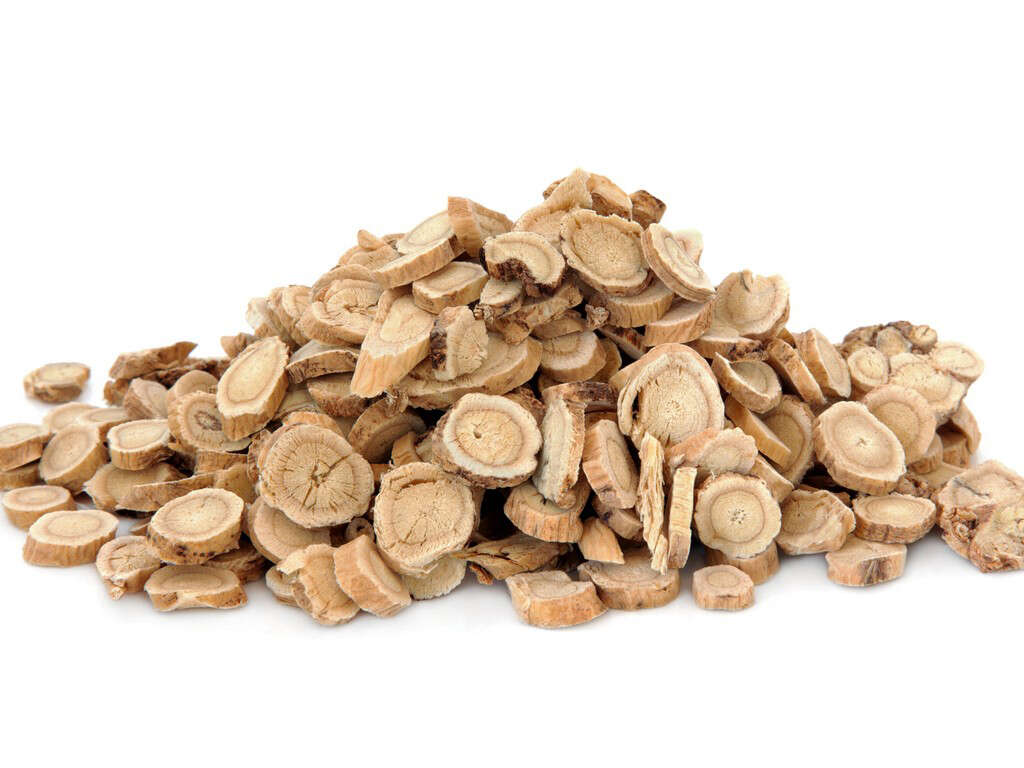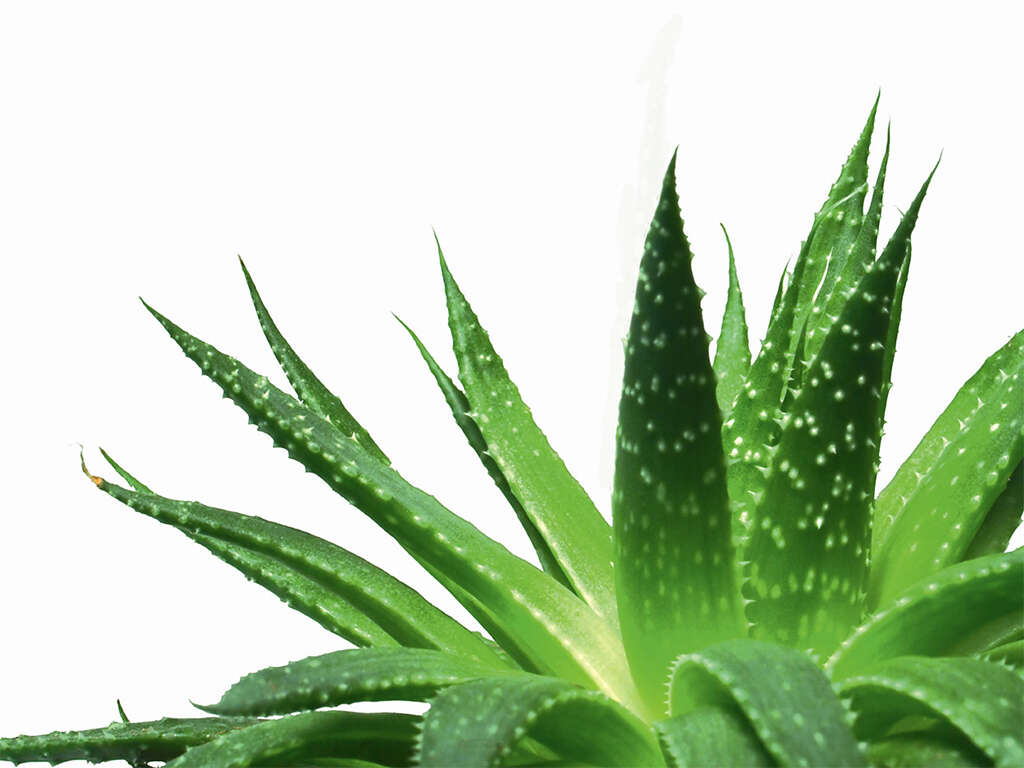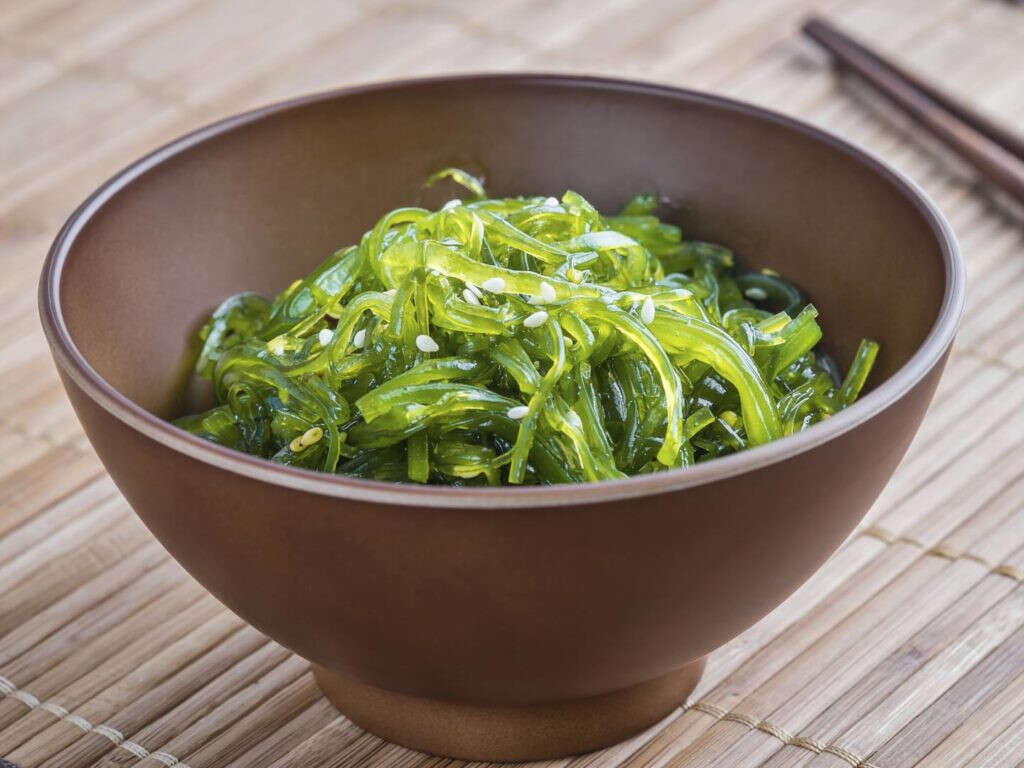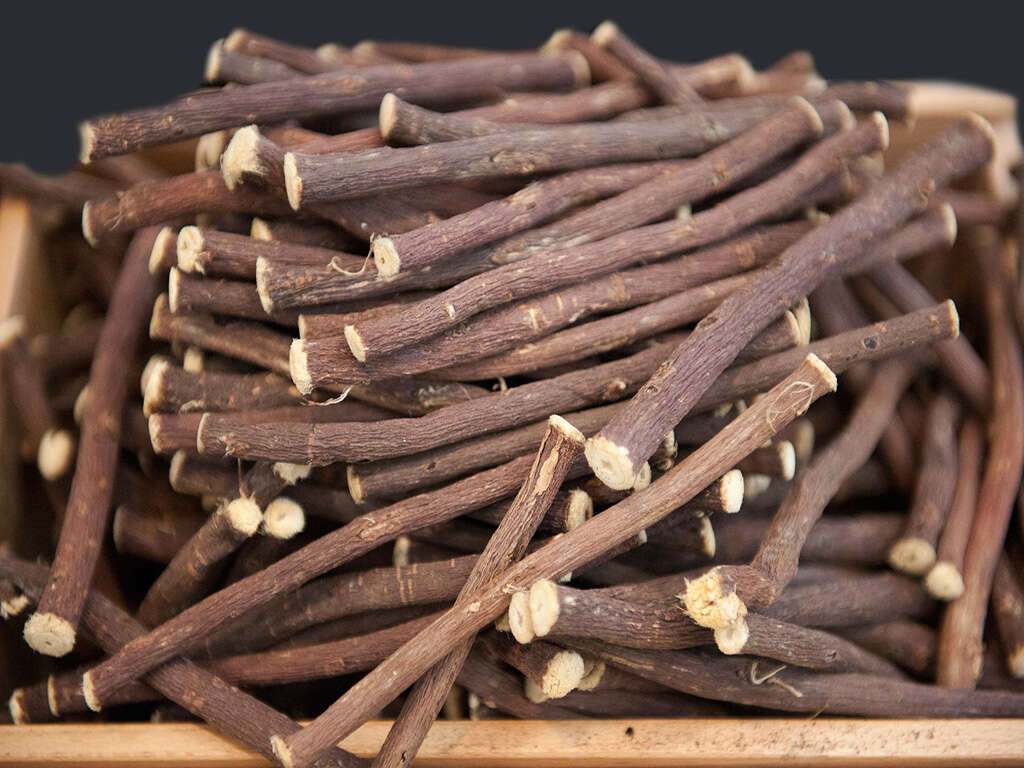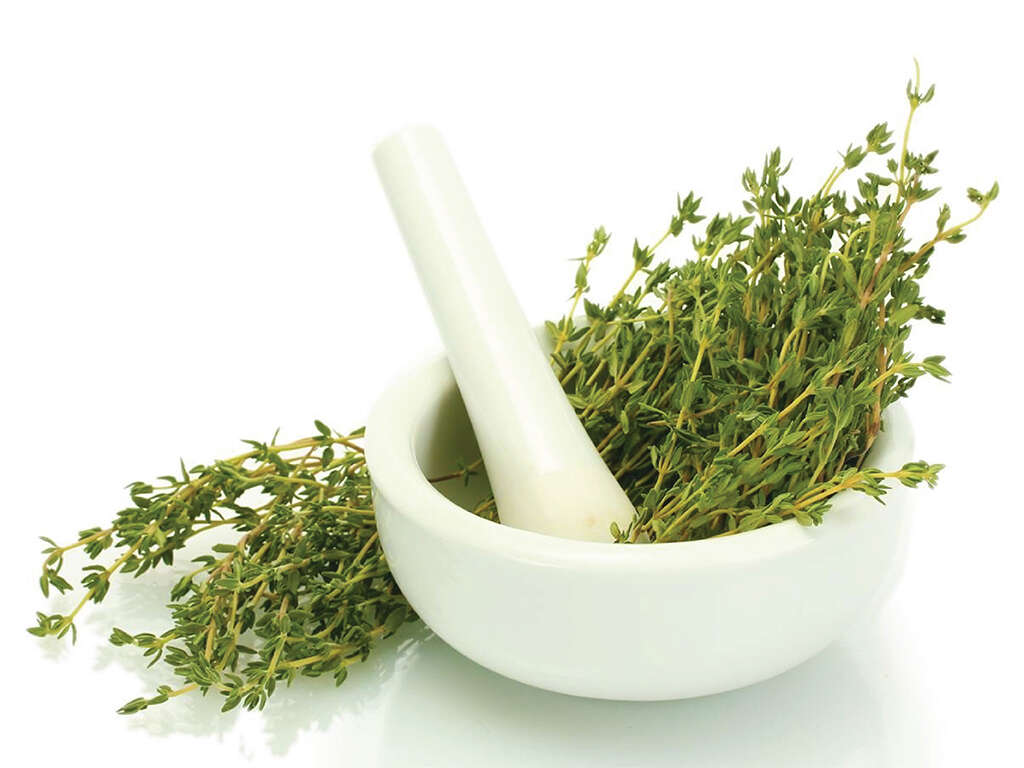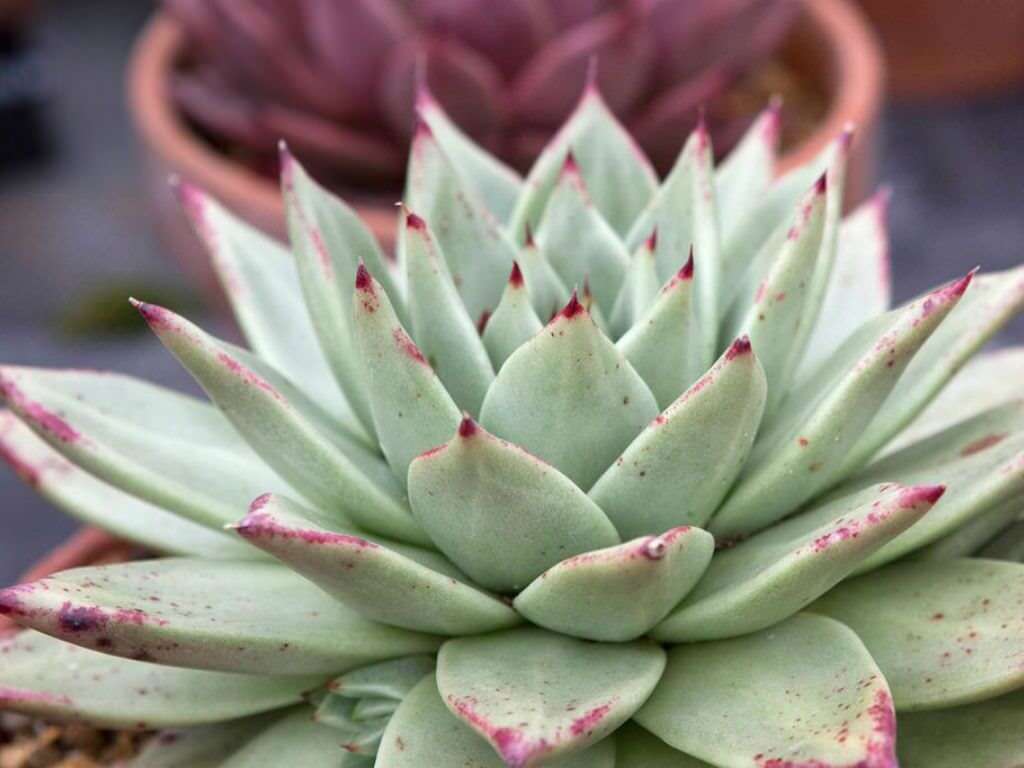10 Benefits Of Moringa
Moringa may not be a household name, however, research is coining it the superfood of our century. Moringa is a plant that is often called the drumstick tree, the miracle tree, or the horseradish tree. Though foreign to the United States, the moringa tree has been used for edible and medicinal purposes in Southeast Asia and Africa for centuries.
Unlike most plants, the moringa is 100% edible. Meaning, the leaves, pods, flowers, and even the root are edible. The tree is packed with antioxidants, protein, vitamins and minerals that combat issues such as inflammation and numerous chronic diseases. The leaves are commonly tossed into salads, meat dishes, or are dried and ground into a powder.
The pods are like peas or Chinese long beans, and the seeds of the tree can be eaten raw or boiled to make salad oil. Its numerous parts make it an easy vegetable to incorporate into any dish.
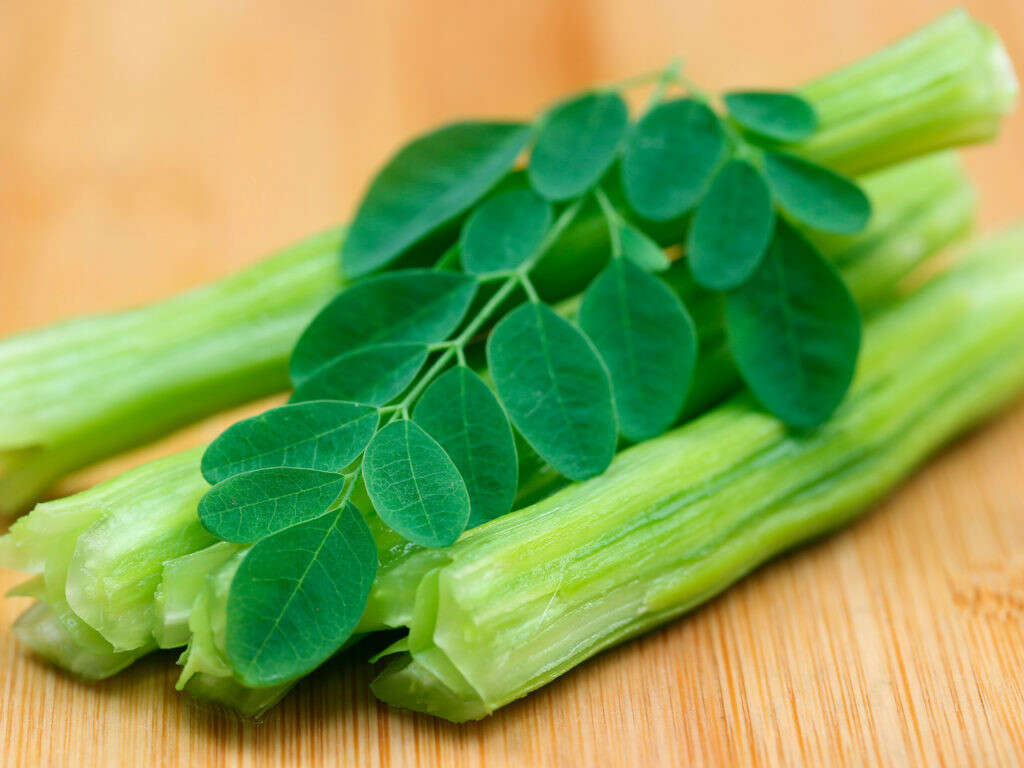
Moringa Benefit #1: Diabetes Prevention
One study done by UC Davis Veterinary Medicine found a link between moringa consumption and improved glucose tolerance. In this specific study, mice were fed a high fat diet and were also fed moringa. The results showed that despite the high fat consumption, the mice lost weight, had decreased blood sugar levels, and were less likely to develop fatty liver disease in comparison to those not fed moringa.
In a similar study, researchers found moringa delayed diabetes in rats for approximately 5 months. This could mean a delay of 10 to 15 years in humans. Delaying diabetes later in life can increase one’s overall quality of life and thousands in saved health care costs.

Moringa Benefit #2: Easy to Grow
Drought, poverty, and malnutrition are huge problems that are sweeping the world by storm, especially with global warming. One of the benefits of the moringa tree is how easy it is to grow. The tree can withstand harsh climates, can grow in sandy soil, and is also drought tolerant. In addition, it can grow fast and can do so year-round.
Currently the tree is mostly grown in India, however, researchers believe it can be a staple crop that can help feed numerous populations. In addition, because the tree has a high yield and is highly nutrient dense, research also believes the crop can help combat malnutrition in some populations.
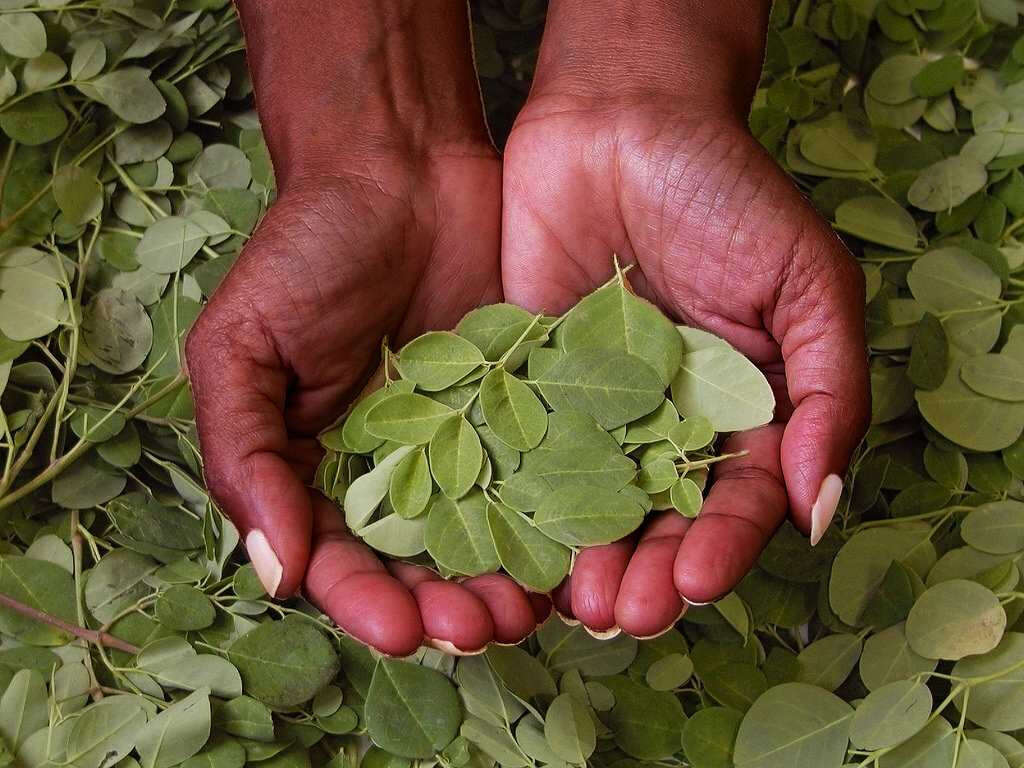
Moringa Benefit #3: Rich In Vitamins and Minerals
Moringa pods are packed with essential vitamins and minerals. In fact, in one cup of pods, 100 grams, provides you with 157% of your daily requirement for vitamin C. In addition to this, it is only 33 calories per cup, thus, making it not only a low-calorie food, but nutrient dense as well.
Vitamin C is essential for immune system protection, iron absorption, acting as an antioxidant to scavenge reactive radicals, and to make collagen. Pods can be eaten raw or they can be cooked. They are commonly eaten as a snack or thrown into soups, salads, or rice bowls.
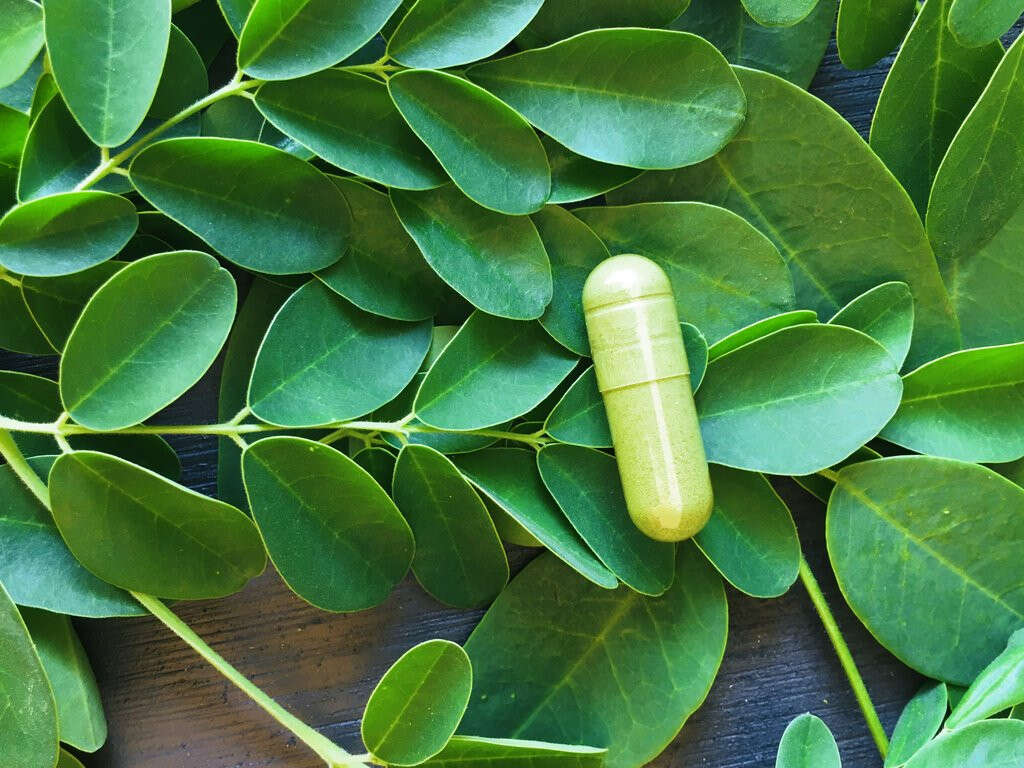
Moringa Benefit #4: Enhances Wound Healing
As mentioned before, the moringa tree has been used in Asian and African countries for centuries. One of the uses of the tree was to use for wounds and to reduce fevers. This led researchers to study if the tree does in fact have wound healing capabilities.
In recent studies, the consumption of any portion of the moringa tree has been linked to wound healing and reduced clotting time. One study done on rats, revealed significant wound healing activity when they consumed dried leaves of the moringa tree. This wound healing was also apparent when the rats were given the seeds of the tree. However, the effect was greater when the rats consumed the dried leaves.

Moringa Benefit #5: Lowers Cholesterol
There are numerous aspects about heart disease that are not quite understood. One aspect that has been vigorously studied is the relationship between high LDL cholesterol levels and heart disease. Numerous studies have linked fruit and vegetable consumption to decreasing LDL levels, in effect decreasing one’s chances of heart disease.
Animal and human based studies have evaluated a link between the moringa tree and cholesterol lowering effects. One study, the leaves of the tree were used as medication for obese Indian patients with high cholesterol levels. The effect of the plant was significant. The participants saw a decrease in cholesterol levels. This reveals the plant can be used to promote heart health.
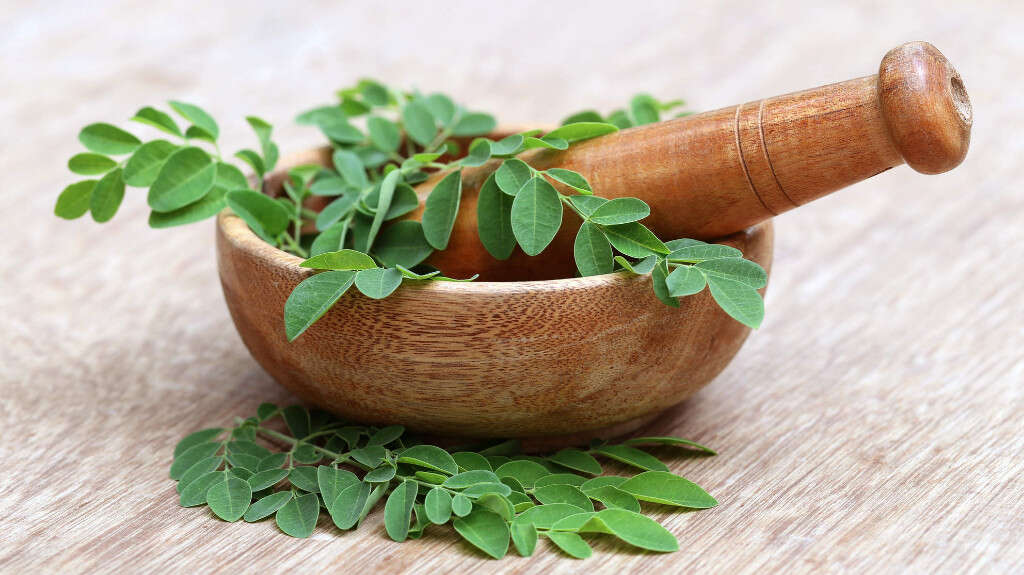
Moringa Benefit #6: Water Purification
One very interesting benefit of the moringa tree is its capability to serve as a water purifier. This is especially beneficial to rural communities that have little to no access to a clean water supply.
Since the 1970s, moringa seeds and their effectiveness as a water purifier has been studied. Studies have confirmed the seeds are very effective in removing suspended particles from water with medium to high levels of turbidity. The seeds act as a coagulant, which allows for the clumping of harmful particles to occur and be removed easily. Due to it action as a coagulant, it is not effective in cleaning low turbidity water. However, researchers are still very pleased with its effectiveness.

Moringa Benefit #7: Protection Against Arsenic Toxicity
Arsenic poisoning is very common in areas with a poor water supply. As mentioned above, moringa seeds can act as a water purifier. In addition to this, the leaves and seeds of the moringa tree may have some protective effects of arsenic toxicity.
One study explored this phenomenon. Using two different group of mice, one treated with moringa leaves and the other not. Both groups were exposed to the same level of sodium arsenite. The group which was given the moringa leaves were seen to have labs that indicated the effects of the sodium arsenic did not affect them as much as the control group.
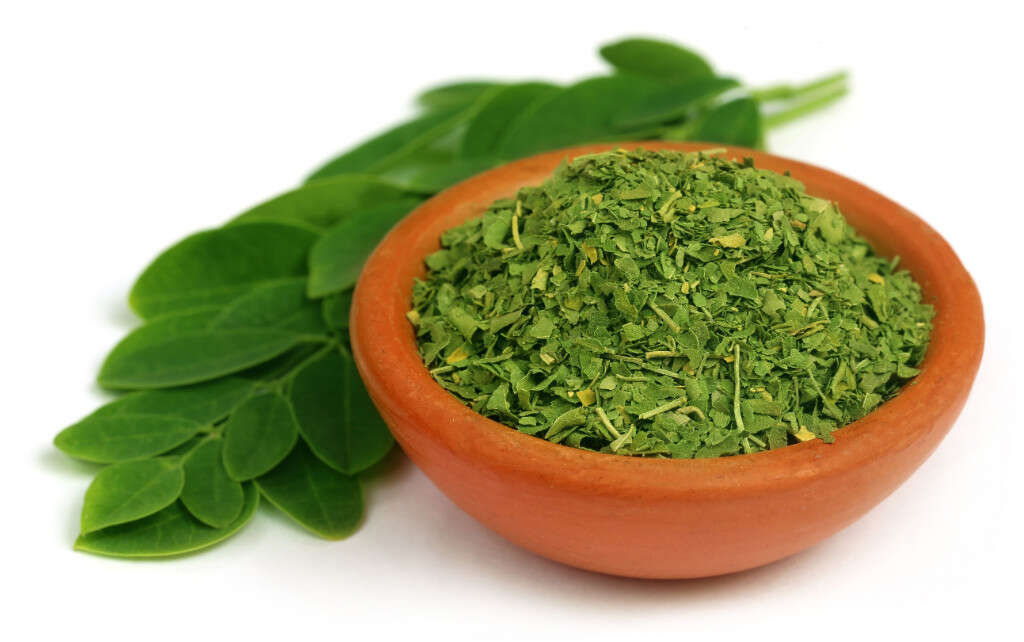
Moringa Benefit #8: Rich in Anti-Oxidants
The moringa tree is very high in numerous antioxidants. Antioxidants are very important because they act against free radicals in your body. Free radicals are harmful because they are highly reactive with other cellular structures as they contain unpaired electrons. Free radicals can cause DNA damage.
Fortunately, the moringa tree is high in antioxidants to fight the effects of free radicals. One study in women revealed the simple consumption of 1.5 teaspoons of moringa powder a day for three months dramatically increased blood antioxidant levels. This is essential because antioxidants combat cancer, inflammation, and obesity.

Moringa Benefit #9: High in Iron
Iron deficiency is the most common cause of anemia. There are two forms of iron, non-heme and heme iron. Non-heme is more absorbable by the body and is only available in animal flesh. We get heme iron from plants. However, this form of iron is not as easily absorbable by our bodies. Thus, many times vegans and vegetarians become deficient for this reason.
Moringa is a good source of iron. With 4 mg per 100 g, the plant has one of the highest amounts of iron in plants. Numerous studies revealed the plant to be a better source of iron in comparison to iron supplements.
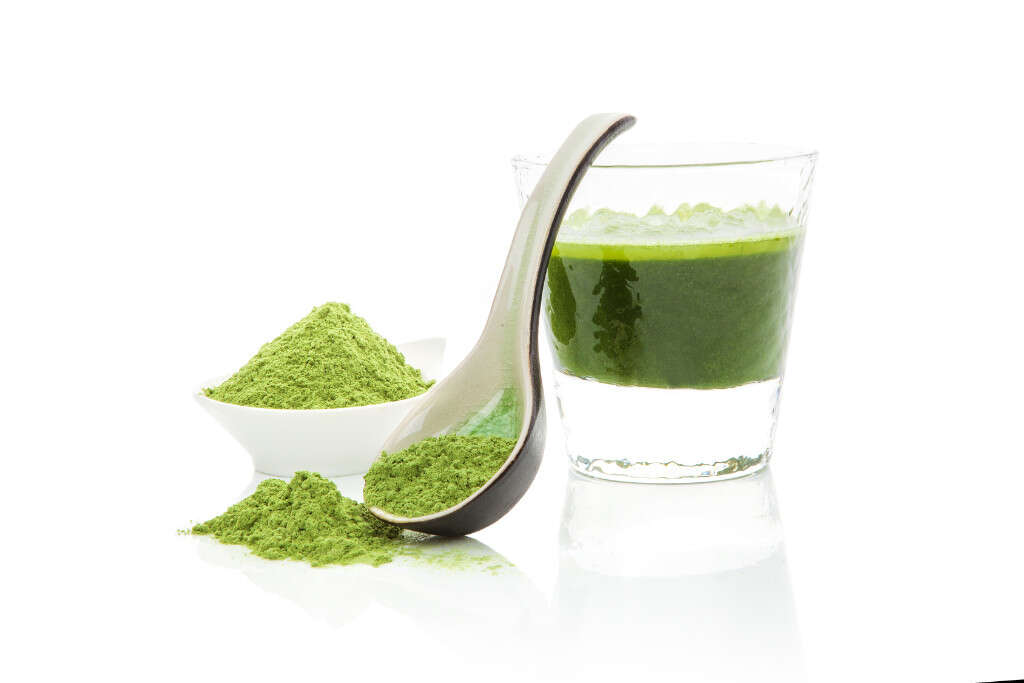
Moringa Benefit #10: Fights Inflammation
Inflammation can lead to chronic diseases like diabetes, respiratory problems, cardiovascular disease, arthritis, and obesity. Moringa reduces inflammation by suppressing inflammatory enzymes and proteins in the body. And the moringa leaf concentrate can significantly lower inflammation in the cells.
In one study done on rats with ulceritis colitis, an inflammatory bowel disease, when injected with a strain of moringa the severity of the disease decreased. Inflammation was reduced, and rats did not experience as many symptoms as the control group.
